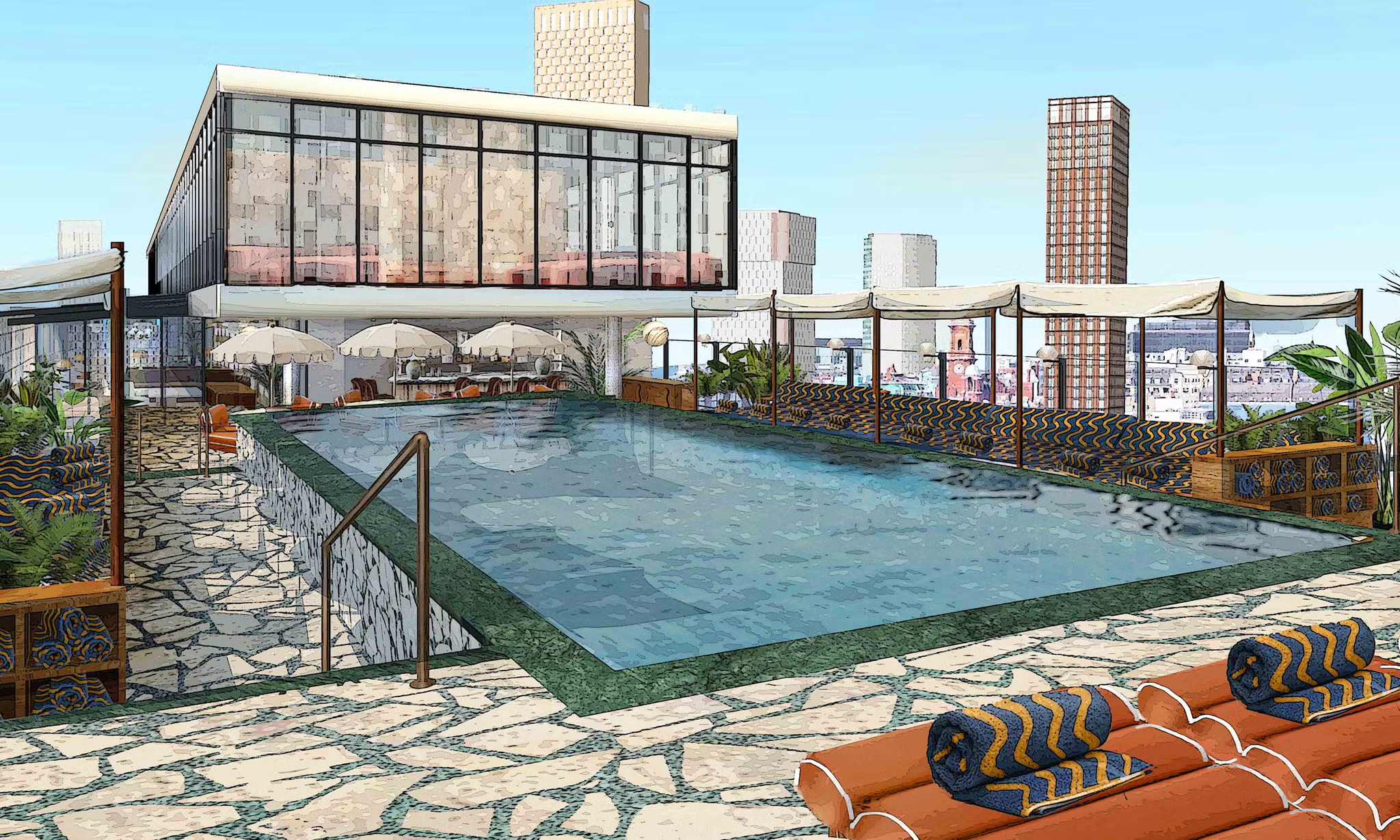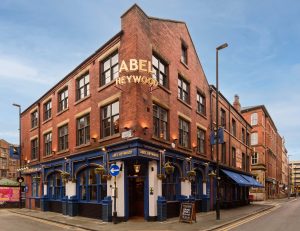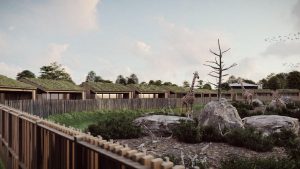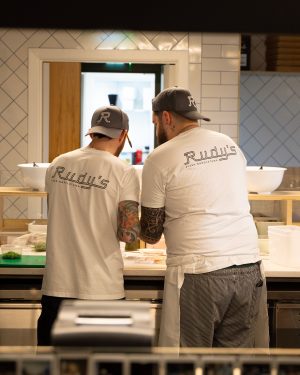Dreaming of buying a pub? Prices are brewing

IT remains an idyllic retirement plan for many people – leave the rat race and buy a lovely pub in the countryside, filled with summer evenings with the sun going down over the beer gardens and winter nights with the log fire warming the regulars in for the weekly pub quiz and a couple of pints of a local ale.
Although recent years have seen a sharp increase in the number of pubs closing – caused by social and demographic changes as well as the impact of the recession and its aftermath – the cost of buying a pub has been going up.
Despite the political, legislative and economic uncertainty of 2016 the pub property market is drinking to a successful year, having experienced relatively little turbulence.
The market is experiencing much lower supply and higher demand as well as increased volumes of freehouse deals, according to leisure property specialists Fleurets.
Its analysis has identified a rise in the average sale price of pubs, especially those which remain as pubs.
Along with the emergence of more “free of tie” leases individuals are offering, more owners are choosing to hold onto their freehold pub and letting it out on free of tie leases, increasing the supply of these type of pubs. Many of pub companies are now considering enterprising too.
Fleurets director Simon Hall said: “This is opening up the market for individuals to get in on free of tie pubs and in some cases they have the option to buy the freehold, which is a very interesting development.
“I think the pub sector will go from strength to strength. The investment of Heineken in the Punch Taverns estate with them ploughing huge amounts of money into the model and the pub sector in the UK shows great confidence in the trading potential for the pub industry.
“There needs to be continued rationalisation with investment in pubs and closure of the weaker ones and it will be a better sector for it.”
Last year, more than three in five pubs sold by Fleurets remained as pubs – its highest level since the recession. On average properties which stayed as pubs had a 38% higher sale price than a pub which closed.
But with many pubs still falling victim to changing drinking habits, such as the rise of drinking at home and competition from supermarkets, and increased leisure options, closures are paving the way for pubs being bought and converted for alternative uses.
“It is the nature of market forces – you can’t hold back the tide and if there’s still a pub in the village there’s still a heartbeat to the community,” said Mr Hall.
“But trade is changing so fast, pubs need to be able to accommodate with the changing market forces – many pubs have closed because they haven’t been able to do that.”
In 2016 half were converted into residential, while one in five became restaurants, takeaways or coffee shops. Shops and offices were also opened in former pubs, although these uses are declining while nurseries and funeral directors are becoming more popular conversions.
Pubs used for alternative use are often found to be in affluent areas, complete with car parks and additional land.
Mr Hall added: “These properties are worth more than pubs for other uses. But there are no similarities – they’re all very different from village inns to urban properties and town centre pubs. Anything that’s viable or more valuable as a pub than for alternative use will stay as a pub.”








